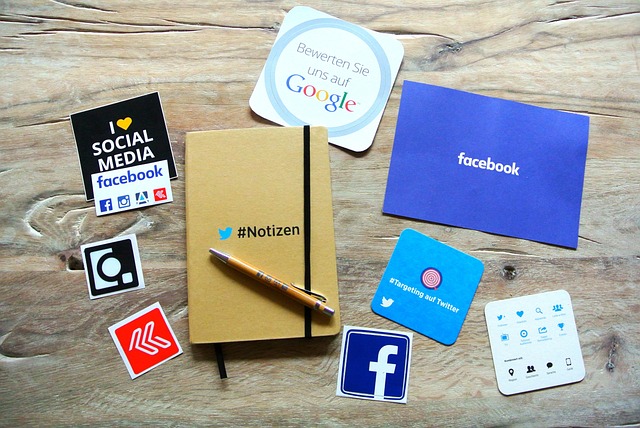AI homebuyer behavior prediction models revolutionize real estate by analyzing buyer data from search history to social media to predict preferences and anticipate buyers' next steps. These advanced algorithms empower agents to send targeted messages about relevant properties, exclusive opportunities, or market insights, enhancing the buyer's journey and boosting sales conversions. By integrating automated follow-up messaging with AI, agents gain a strategic advantage in understanding and catering to homebuyers' behaviors, fostering stronger relationships and increasing engagement for successful sales.
In today’s digital era, AI is transforming residential real estate. Understanding AI homebuyer behavior prediction models enables agents to personalize communication, enhancing client relationships. Integrating automated follow-up messaging with AI ensures timely and relevant interactions, capturing buyer preferences. This article delves into the benefits and best practices of employing these advanced models, demonstrating how they can revolutionize the way real estate professionals engage with prospective homebuyers.
- Understanding AI Homebuyer Behavior Prediction Models
- Integrating Automated Follow-Up Messaging with AI
- Benefits and Best Practices for Effective Communication
Understanding AI Homebuyer Behavior Prediction Models

AI homebuyer behavior prediction models have revolutionized the way real estate professionals interact with potential buyers. These sophisticated algorithms analyze vast amounts of data, including past search history, property preferences, and even social media interactions, to predict buyer behaviors and preferences. By understanding that each homebuyer has unique needs and triggers, AI models enable agents to deliver highly personalized follow-up messaging.
This tailored approach goes beyond generic greetings, allowing agents to anticipate buyers’ next steps in the journey. For instance, if an AI model detects consistent interest in properties within a specific price range or location, subsequent messages can offer more advanced listings, exclusive pre-sale opportunities, or relevant market insights. Such proactive communication not only enhances the buyer’s experience but also increases the likelihood of successful property sales and conversions.
Integrating Automated Follow-Up Messaging with AI

Integrating automated follow-up messaging with AI offers a powerful way to understand and cater to homebuyers’ behaviors. By leveraging machine learning algorithms, especially AI homebuyer behavior prediction models, real estate agents can personalize communication strategies. These models analyze vast datasets to identify patterns in customer interactions, preferences, and purchase trends. With this knowledge, automated messages can be tailored to individual buyers, increasing engagement and the likelihood of a successful sale.
For instance, AI can predict when a buyer is most receptive to new listings or specific marketing content based on their browsing history and previous interactions. Automated follow-ups can then deliver targeted information at optimal times, ensuring that potential homebuyers receive relevant updates without feeling overwhelmed by excessive communication. This precision in messaging enhances the overall customer experience, fostering stronger relationships between agents and clients.
Benefits and Best Practices for Effective Communication

The integration of AI in residential real estate brings a game-changing approach to follow-up messaging, revolutionizing how agents communicate with potential homebuyers. By employing AI homebuyer behavior prediction models, real estate professionals can tailor their communication strategies to individual preferences and behaviors. This personalization enhances the overall customer experience, fostering stronger connections between agents and clients.
Effective follow-up messaging should focus on providing value, building trust, and demonstrating expertise. Best practices include sending timely and relevant updates, offering tailored property recommendations based on past interactions, and utilizing AI to analyze homebuyer behavior data. For instance, AI algorithms can identify patterns in a buyer’s preferences, such as preferred neighborhoods or specific amenities. Agents can then leverage this knowledge to send targeted messages, increasing the likelihood of engagement and conversion. Remember that keeping communication concise, clear, and focused on addressing specific needs is key to successful follow-ups.
AI homebuyer behavior prediction models offer a revolutionary way to personalize residential real estate interactions. By integrating automated follow-up messaging with these models, agents can provide timely, relevant communications that enhance the buyer’s journey. The benefits are clear: improved client engagement, increased conversion rates, and streamlined processes. To ensure effectiveness, adopt best practices such as tailoring messages to individual preferences, respecting privacy, and maintaining a balanced approach that avoids excessive communication. When used thoughtfully, AI-driven automated messaging can be a game-changer in the real estate industry.
